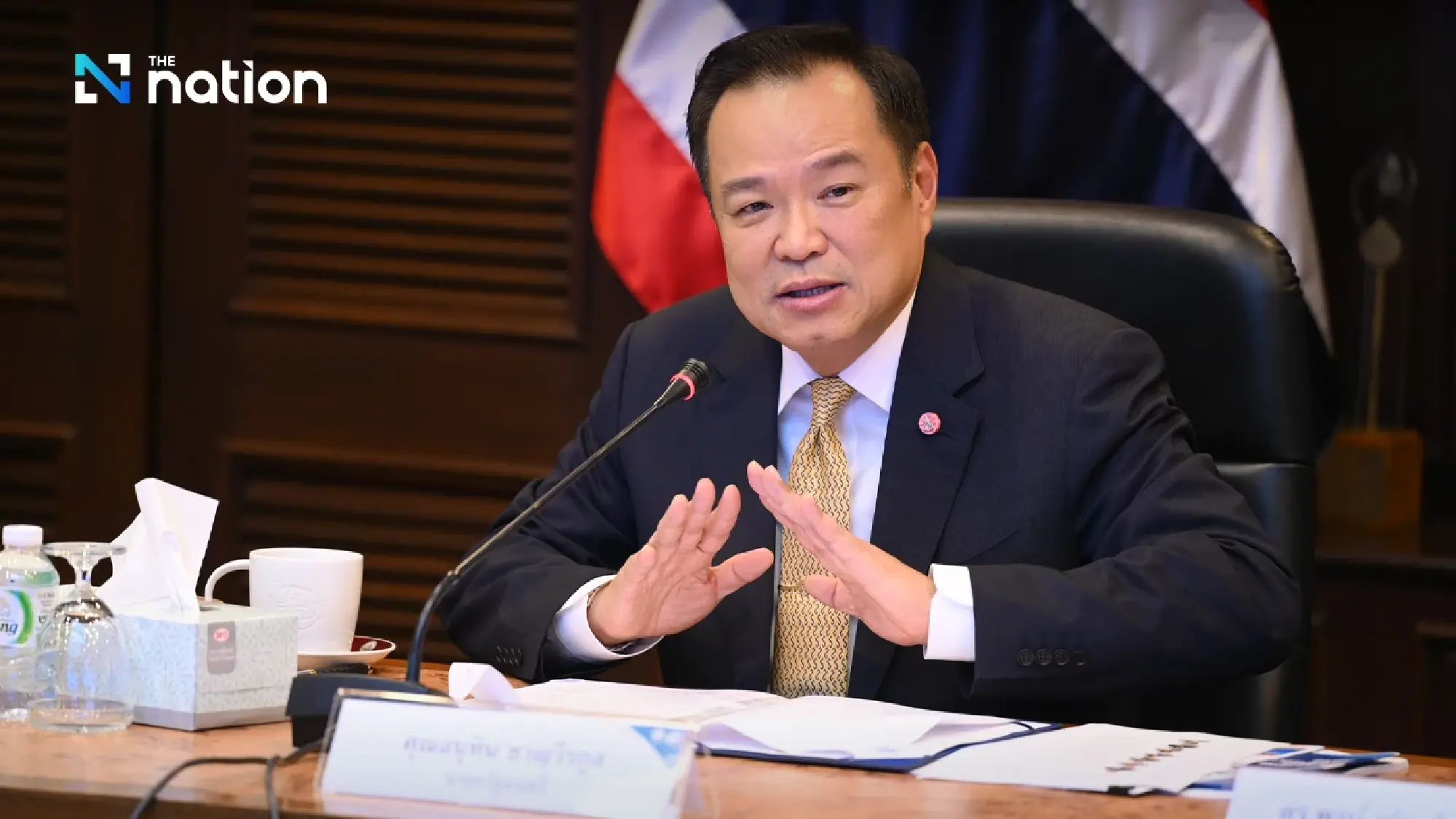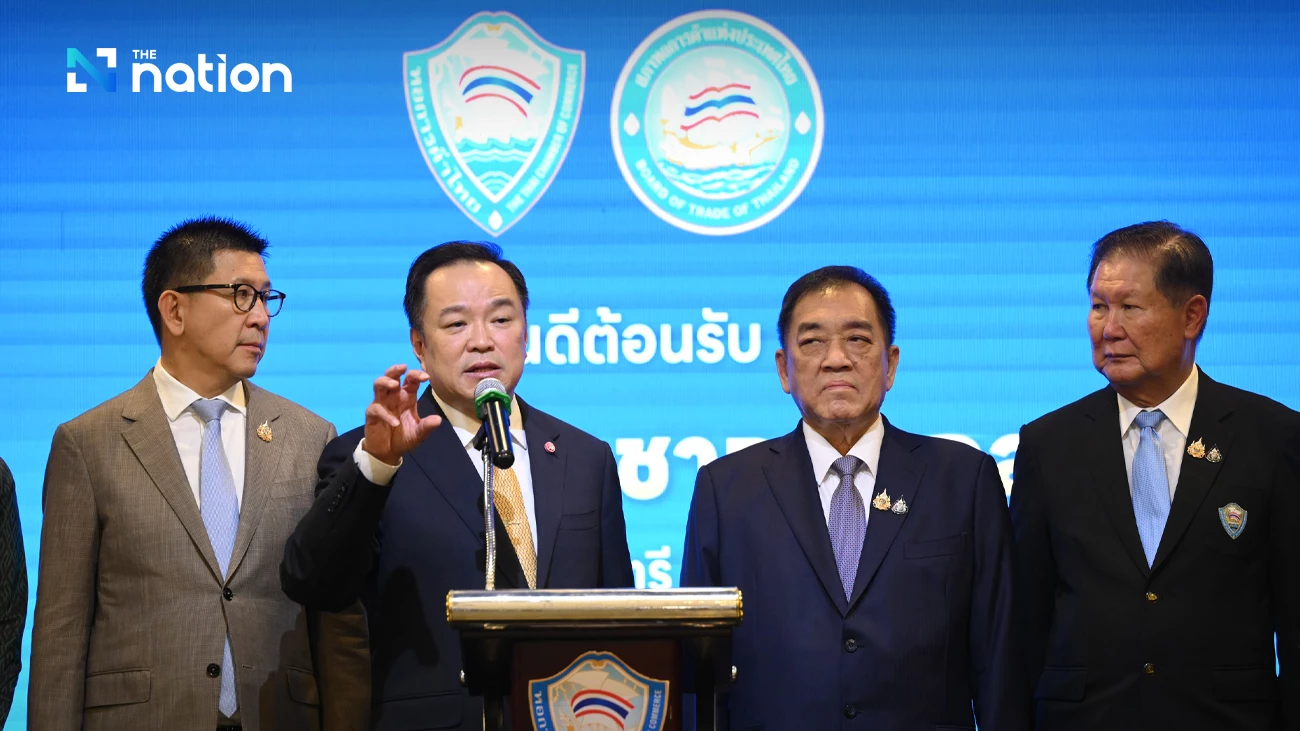“Finance and commerce must work closely together to ensure economic flexibility in both monetary and trade matters,” Anutin added, emphasising that trade promotion should focus not only on international markets but also on maximising domestic trade efficiency.
The Deputy Prime Minister expressed particular concern about SME and small-medium loan debt problems affecting the production sector, pledging to eliminate bottlenecks despite time constraints.
Under the four-month parliamentary dissolution agreement, he assured that government policies would prevent economic regression.
Addressing border security issues, Anutin deferred to military authorities’ decisions regarding areas under martial law, stating that border crossings remain closed whilst Thai citizens’ safety takes priority. He acknowledged Cambodia’s need to protect its national interests whilst emphasising security cooperation.
On personal legal matters concerning Khao Kradong land issues, Anutin expressed no concerns, stating he had submitted clarifications whilst serving as Deputy Interior Minister and had operated within constitutional requirements drafted by Borwornsak Uwanno in 2015.
The government plans continued engagement with private sector representatives, including upcoming meetings with the Thai Bankers’ Association, as part of its comprehensive economic consultation process.
The chamber’s mid-term proposals include accelerating VAT and export duty refunds to improve exporter liquidity and addressing both formal and informal debt through restructuring and low-interest loan programmes.

In a notable display of political pragmatism, Anutin emphasised his willingness to support any beneficial policies regardless of their origin.
“I don’t mind whose policy gets implemented, as long as it benefits the country and the people. I’m ready to push it forward because if it succeeds, it’s credit to the person who thought of it and credit to me as the one who pushed it through. It’s win-win for both sides, not a situation where one must win and one must lose, causing everything to collapse,” he stated.
Playing on his nickname “Nhu” (mouse), Anutin quipped: “Where there’s a hole, there’s a mouse,” suggesting that wherever problems exist, he would provide solutions—a playful reference that resonated with his reputation as a problem-solver in Thai politics.
Dr Poj emphasised that the proposals represent sustainable economic restoration rather than short-term fixes, expressing confidence that collaboration between government, private sector, and public will restore Thailand’s economic strength.

